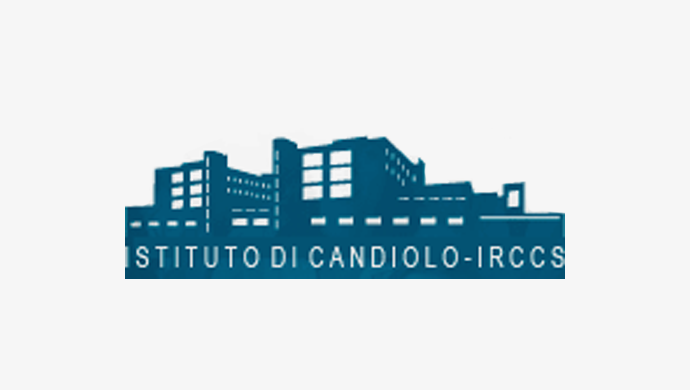Institute of Pharmacological Research Mario Negri IRCCS
-

-
Address
Via Mario Negri 2, 20156 Milano
-
Founded
1961
-
Field
Ricerca, cura, formazione
-
Website
-
Email
-
Phone
+39 02 390141
-
Socials
Scientific director
Prof. Giuseppe Remuzzi

The Institute of Pharmacological Research Mario Negris is a private non-profit organization operating in the biomedical research field. It was legally established in 1961 and began its activity at the Milan office on February 1, 1963.
Today the Institute has about 700 researchers in three locations, one in Milan and two in Bergamo (at the Scientific and Technological Park of Kilometro Rosso and Ranica, where the Clinical Research Center for Rare Diseases Aldo and Cele D’Acco resides).
The fundamental aim of the Institute is to contribute to the protection of human health and life. To achieve this objective, it is necessary first to deepen our understanding of the operating mechanisms of living organisms, identify why diseases arise and know the processes that develop in the organisms following the introduction of foreign substances. In this way, the Institute’s research is generated from the molecular level down to the individual and populations.
The results are used to generate new drugs and increase the effectiveness of those already in use.
The Institute does not patent its findings and has always maintained its independence from industry, the Government, and the University, taking the suffering side. In this way, the efficiency typical of private organizations is for the service of the public interest.
Research areas
The research of the Institute is performed by ten research departments and focuses mainly on cancer, cardiovascular diseases, neurodegenerative diseases, kidney diseases, organ transplantation, public health, and environmental pollution. The study of rare diseases is another critical area of the foundation work, making the Institute of Pharmacological Research Mario Negris a national and international reference point.
Concerning the fight against cancer, the Department of Oncology has, over the years, been engaged in the discovery and pre-clinical and clinical development of therapies for the treatment of tumours through studies investigating molecular, biological, and pharmacological aspects. The final goal is to achieve clinical applications that improve the survival and life quality of cancer patients.
The projects followed by the Department concern different types of neoplasms; however, the majority of pre-clinical and clinical studies focus on gynecological tumours, sarcomas, thoracic tumours (lung, mesothelioma and thymus) and pancreatic tumours.
Training and scientific culture dissemination
The Institute has always been aimed at patients and the public, and health professionals, helping spread scientific culture in the biomedical field, improving health practice and the more appropriate use of medicines.
Alongside research activities, one of the missions is the training of young people. There are specific training programmes for graduates and diploma holders, through Ph.D. courses and specialization courses for the professional training of laboratory technicians and graduate researchers, awarding certificates of professional qualification and Ph.D. diplomas in collaboration with the MIUR.
Since 1963, the Institute has awarded 8,300 grants (of which 850 were given to foreign researchers)
The Associates
Consult the individual files of our Members
- Founders
- Ordinaries
- Affiliates































